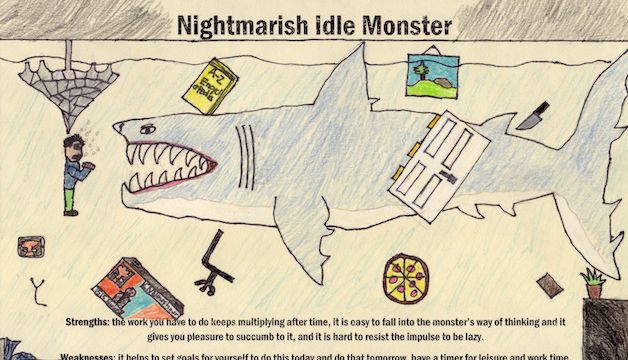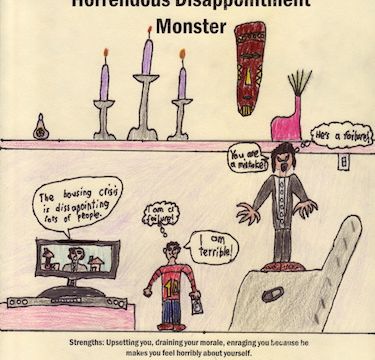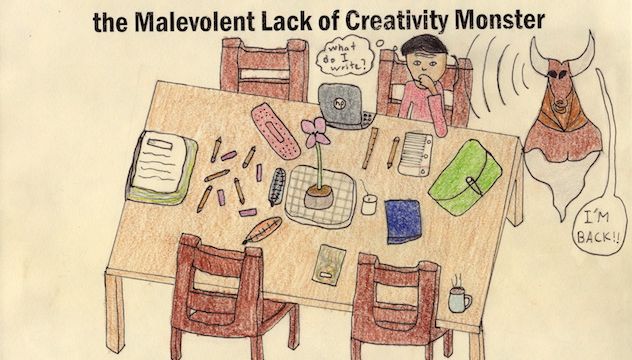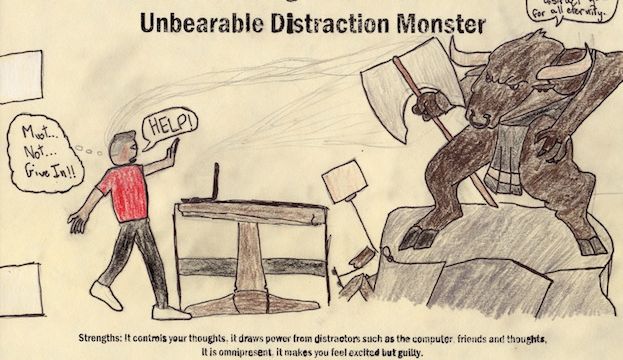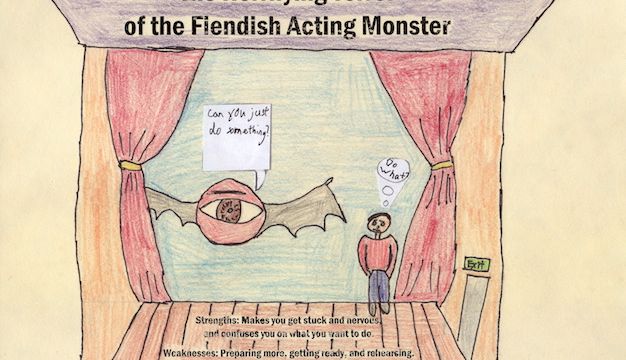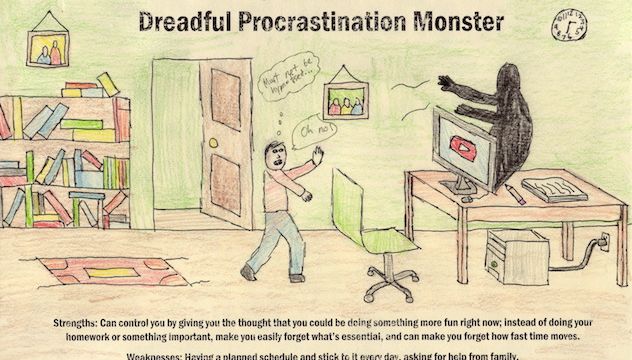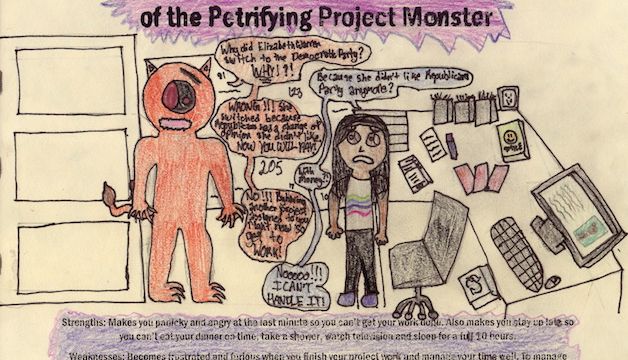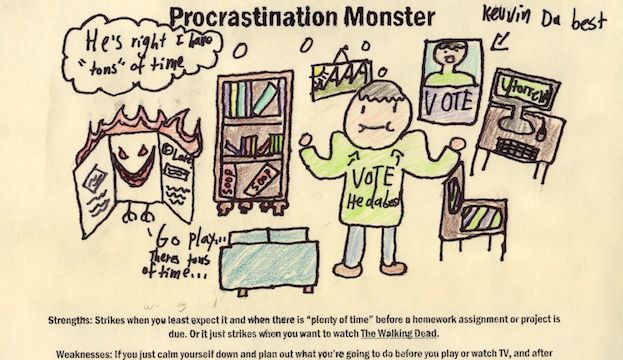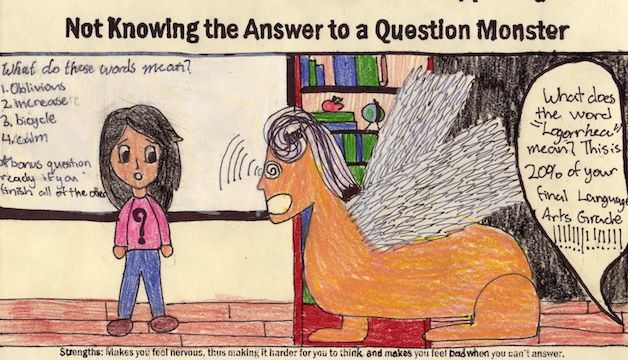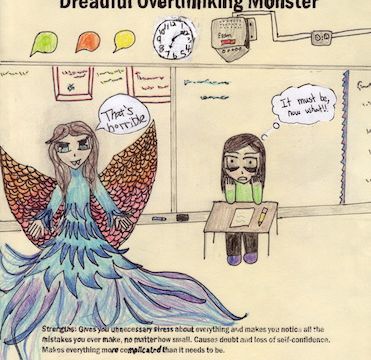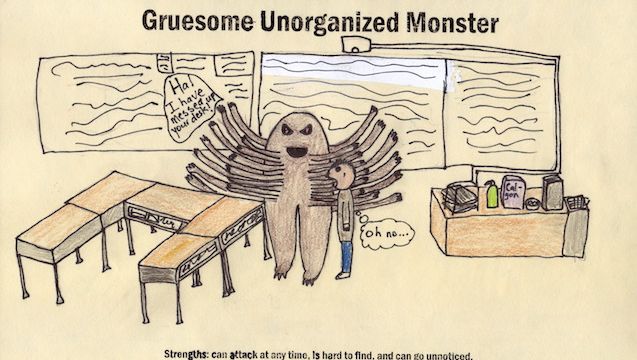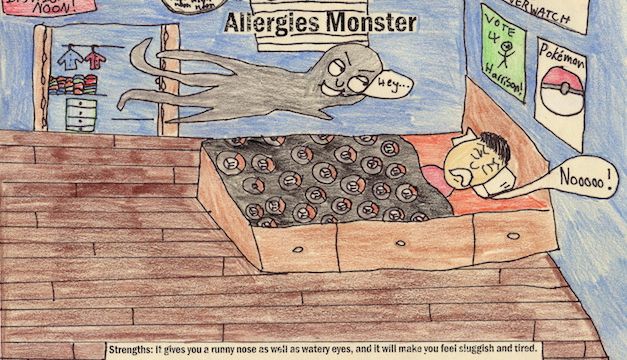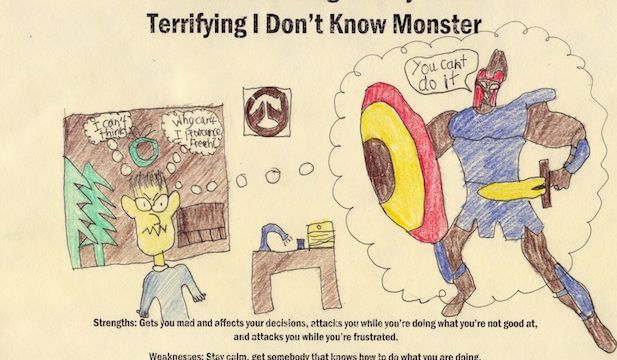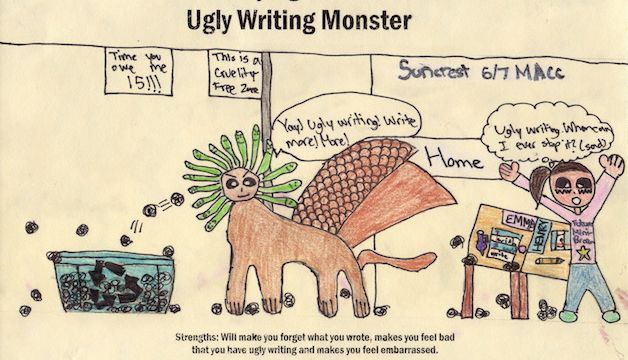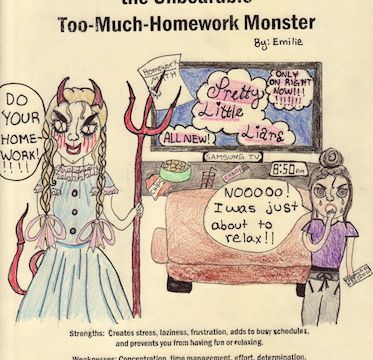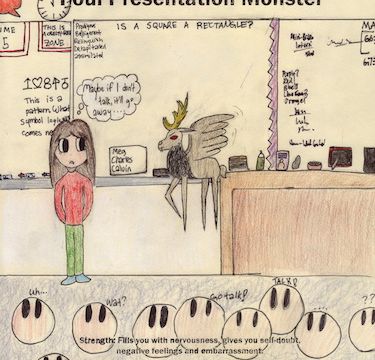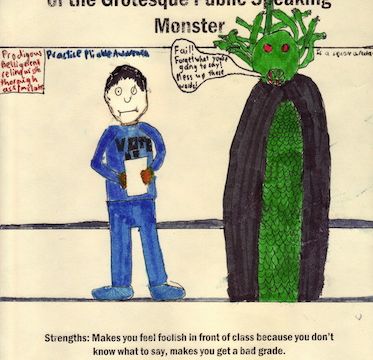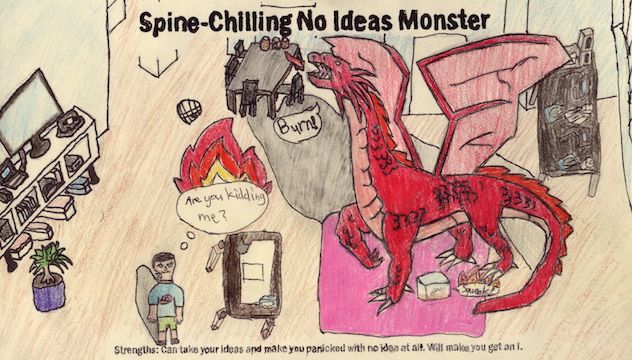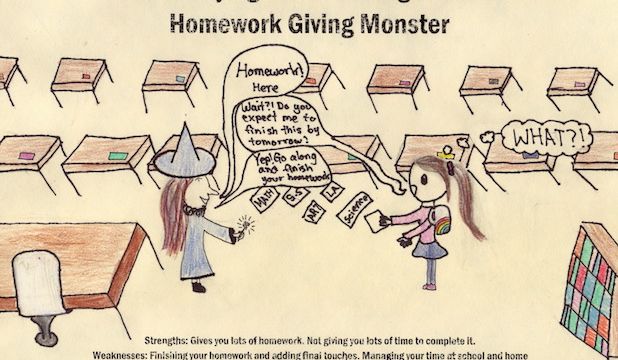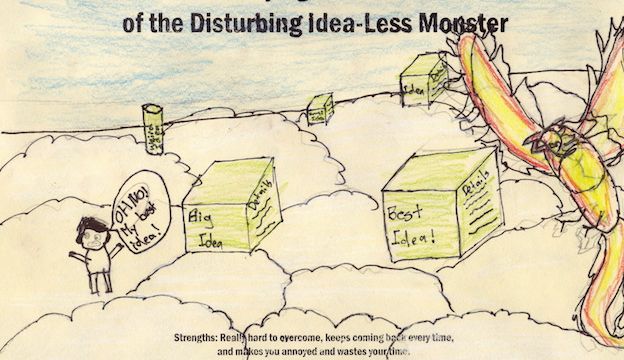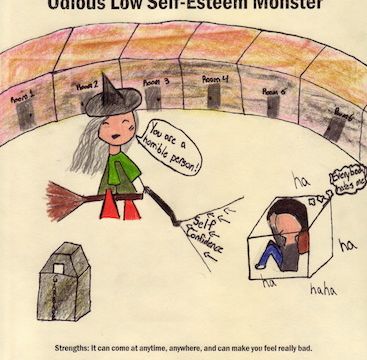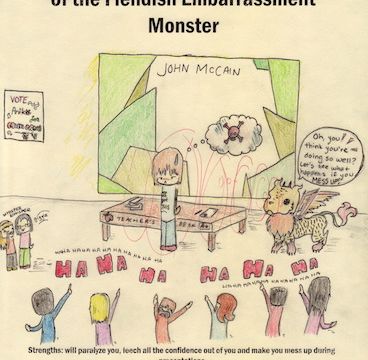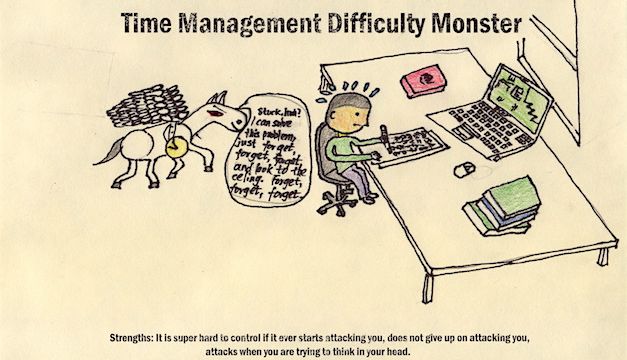NEW JOB POSTING: The MACC Mini-Brain!
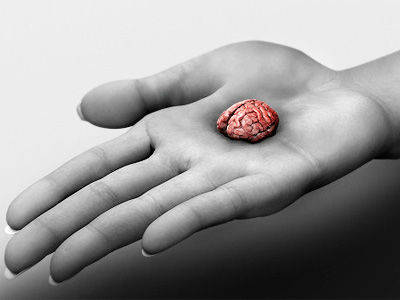
There is a new position opening up in the Suncrest MACC 6/7 program: the MACC Mini-Brain.
The Mini-Brain is a job similar to “class president.” The role of the Mini-Brain is to be the teacher when Mr. Gaitens isn’t in the room or when he doesn’t feel like being the teacher. The Mini-Brain is to Mr. Gaitens as Robin is to Batman. The Mini-Brain is a natural leader, fair, kind, and helps mediate conflicts.
(Full disclosure: this idea was stolen directly – and then adapted – from the incomparable Ms. Cowan, founder of the Cap Hill MACC Pack.)
Duties:
- Records attendance
- Leads students to the gym and Music and sends people to start again if they are talking while in the halls
- Helps Mr. Gaitens make decisions, such as:
– what activities to do for D.P.A.
– when to take breaks
– what movie to watch for the end of term celebration
– how much milk and sugar to put in his coffee (remember: we are only capable of 7-8 truly thoughtful decisions a day)
– things he doesn’t want to think about
- Controls the class jobs basket
- Helps classmates solve minor conflicts
- Holds the tie-breaking vote in the case of a tie in class votes
- Reminds people to do their jobs
- Welcomes guests to the room
- Politely corrects Mr. Gaitens’s spelling errors (and French pronunciation, if so able)
- Sighs wearily at the P.A. system when there are too many announcements
- Other duties as they arise
Mandatory Skills/Assets – some combination of the following:
- Kind
- Fair
- Well-organized
- Makes good choices
- Is a natural leader
- Trustworthy
- Responsible
- Respectful
- Safe
- Sense of humor
- Patient
- Heart of gold
- Friendly
- Welcoming
- Optimistic
- Perseveres
Project Outline:
Hello, Leaders of Tomorrow. Welcome to your first campaign.
For a combination of Social Studies, Career Education, Writing, Math, and Art, you will each create a two-part project to determine the first MACC Mini-Brain!
Part One:
Remember that letter and package from President Obama that we explored (click here)? For Part One of the campaign for Mini-Brain project, you will each create your own version of that document. It will contain:
- A persuasive essay, explaining why you should be the first MACC Mini-Brain. In this essay, you will try to win our votes by explain how and why you best fit the Mini-Brain job description.
- A campaign poster, done on 8.5 x 11 paper or cardstock. This can be a self-portrait, like the photo of President Obama that was in the package we explored, or a catchy and meaningful visual with a catchy and persuasive slogan; or some combination of those two representations.
- Creative choice: remember the bios of the two Obama dogs? What would you use on this third page, to humanize yourself, grab our hearts, and tell us more about your values?
- A written interview, in which you answer the same questions that President Obama answered, with the idea of being truthful and showing your personality, but also trying to win our votes.
Part Two:
Details to follow! I figure this would be enough to explode your (mini-)brains for the time being…
Good luck!
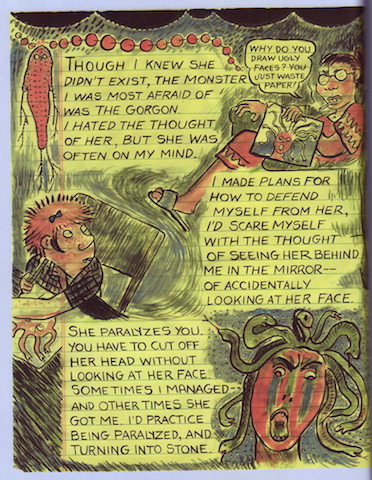
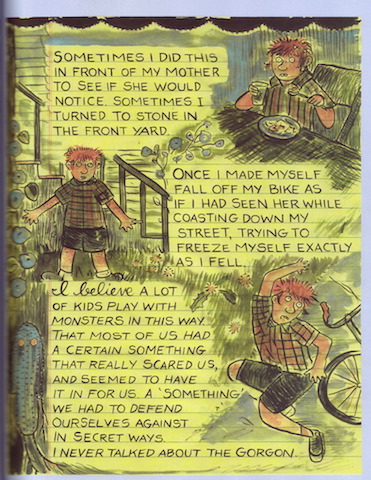
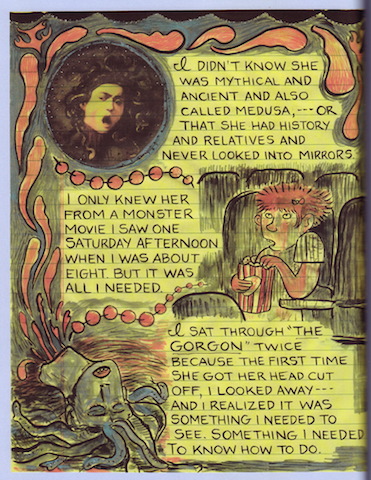
 (Lynda Barry, What It Is, Drawn and Quarterly, 2008)
(Lynda Barry, What It Is, Drawn and Quarterly, 2008)
